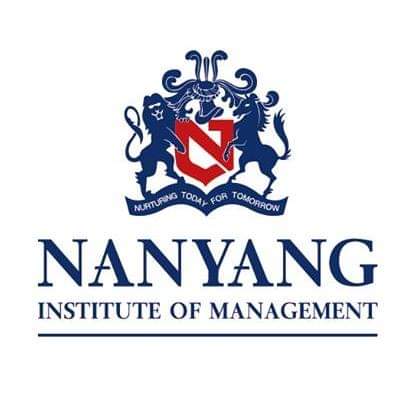The course comprises the below modules with an industrial attachment / integrated project. Keep abreast with the current construction technology in the industry; Perform and supervise the construction works on site effectively.

Course Objective
The course comprises the below modules with an industrial attachment / integrated project.
Keep abreast with the current construction technology in the industry;
Perform and supervise the construction works on site effectively;
Plan and schedule construction works effectively to achieve high productivity and minimise delay;
Perform designs for steel, reinforced concrete, pre-cast and pre-stressed concrete structures;
Manage the safety aspects of construction; and
Apply supervisory, managerial and financial know-how for a construction business
Topics range from engineering concepts, construction methods and technology, facilities management principles, managerial know-how and building concepts.
Course Highlights
The Future of Engineering: Acceleration of digitization and innovation.
Industry Immersion: Enjoy opportunities for professional events, seminars and workshops when you study with NIM.
Internship Opportunities: Gain real-life experience and expand your network in the engineering industry.
Emerge In The Flourishing Industry: Commence in one of the top emerging industry in Singapore.
Delivery Assessments & Awards
Delivery
This course is entirely delivered in Singapore. Students will have access to local qualified lecturers and academic resources provided by Nanyang Institute of Management.
There will be a combination of lectures, tutorials, site visits, workshops, seminars and presentations. Students may also be given additional work to complete outside of scheduled classes. Resources and materials provided for students include lecture notes and references for further reading in books, publications, articles and websites.
Assessment
Assessment of modules comprises assessable coursework and a final written examination. The assessable coursework may include tests, practical assignments, research projects and/or tutorial participation.
Award
Upon passing all modules and an industrial attachment / integrated project, students will be awarded the Nanyang Institute of Management Advanced Diploma in Construction Engineering.
Established in 2001, Nanyang Institute of Management (NIM) is a forward-looking premier education provider in the region. At NIM, we focus on “Nurturing Today for Tomorrow” with a student-centric culture that places learning needs above all else. We pride ourselves on the ability to offer an environment that is geared towards achieving academic and teaching excellence while nurturing our students as a whole.
Quality Policy
Nanyang Institute of Management is committed to providing teaching, learning and research that enhance the skills, knowledge and capabilities of our students and stakeholders; emphasizing industry relevance and a spirit of innovation; and fostering an intellectual environment with an international orientation.
Our Service Guarantee to students:
NIM upholds a high service standard.
NIM’s lecturers/teachers/tutors are selected qualified professionals in their field.
NIM average lecturer to student ratio is 1 to 30 (this varies with courses and the mode of delivery to maximise learning outcomes).
NIM offers students adequate facilities and support services to foster a conducive and pleasant learning experience.
NIM accepts students if they possess the required qualification/s and language proficiency as stipulated in the signed standard student contracts.
NIM will stand by our signed standard student contract agreement.
Our Vision
To be a forward-looking premier education provider of industry-relevant programmes in the region.
Our Mission
Delivering industry-relevant programmes in a conducive and dynamic learning environment that nurtures the potential of every student, and equips students with the confidence, knowledge and skills to succeed in their chosen careers.
Our Values
© 2025 coursetakers.com All Rights Reserved. Terms and Conditions of use | Privacy Policy